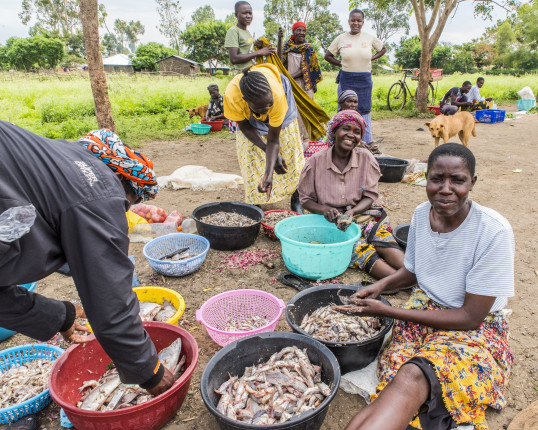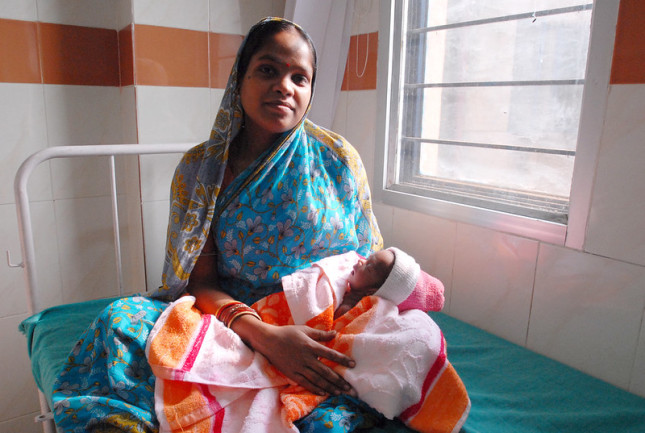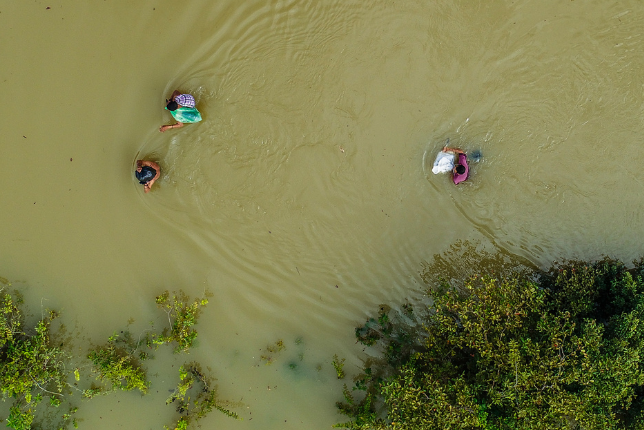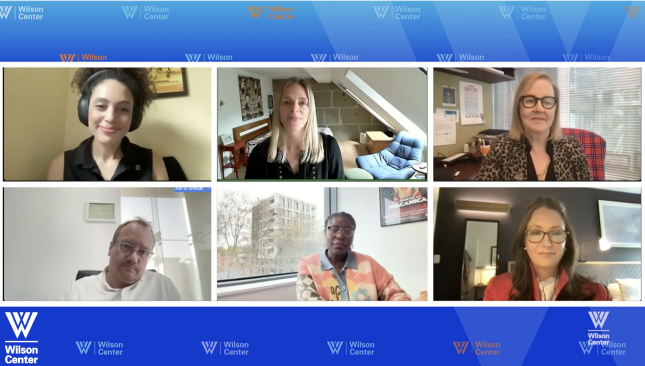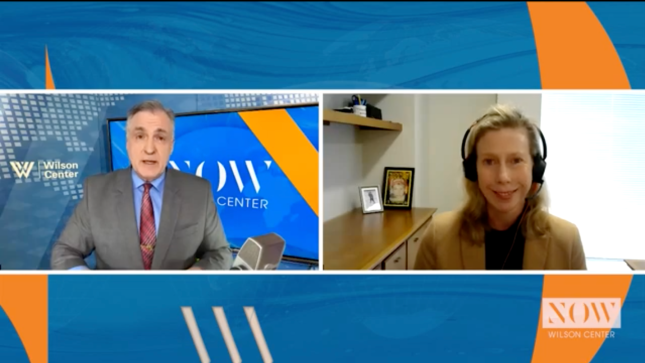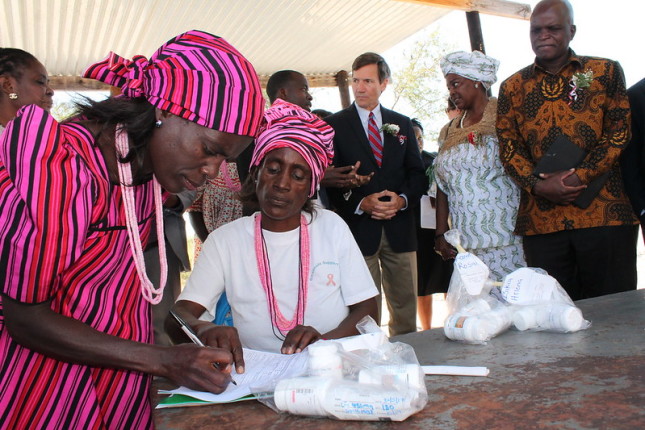-
Midwives Lead the Way: The 5th Global Midwifery Symposium
›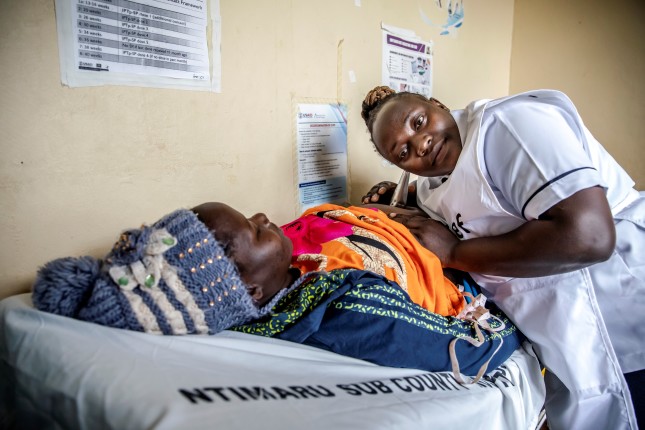
Midwives play a central role in maternal and newborn health. So, it is fitting that their efforts took the spotlight at a two-day event – The 5th Global Midwifery Symposium – held during the first ever International Maternal and Newborn Health Conference (IMNHC) in May 2023 in Cape Town, South Africa.
-
Gender-Based Violence in Kenya’s Fisheries: Finding Structures and Solutions
›
On the edge of beautiful, blue ocean waters in coastal Kenya’s Kilifi County, boats float on the surface of fish landing sites. The fish-eating birds in flight above the boats are a breathtaking sight—and they immediately elicit a sense of tranquility.
Over the past few months, I have traveled to various fish landing sites in Lake Victoria and on Kenya’s coast to continue my research on socioeconomic factors leading to the exclusion of women in the fisheries sector.
-
Delivering Dignity: The Importance of Respectful Maternity Care
›
Women who are treated with respect and dignity during childbirth are more likely to have positive birth experiences, feel empowered to make informed decisions about their care, and have better health outcomes for themselves and their newborns.
-
Addressing the Converging Risks of Climate, Insecurity, and Migration in Central America
›May 19, 2023 // By Claire Doyle
The idea of climate change as a “threat multiplier” has been gaining steam since it was first proposed roughly 15 years ago. This framing acknowledges that climate can interact with existing political, social, and demographic conditions to heighten communities’ security risks—which in turn suggests that problem-solving in the face of these risks must be interdisciplinary.
-
Why We Must Include Pregnant People in Clinical Trials: The Case of the COVID-19 Vaccine
›
Of the more than 4 million pregnant people in the United States annually, 90 percent report taking at least one medicine during pregnancy, and about 50 percent receive the influenza or tetanus toxoid/reduced diphtheria toxoid/acellular pertussis (Tdap) vaccines. Yet 69 percent of clinical trials conducted in the United States explicitly exclude enrollment of pregnant people.
-
8 Billion and Counting: Rethinking Rhetoric on Population and Choice
›
The United Nations Population Fund (UNFPA) 2023 State of the World Population (SWOP) Report offers a chance to reflect on what’s at stake in debates over global population. “The question is not whether the human population is too large or too small. The question is whether everyone can exercise their fundamental human right to choose the number and spacing of their children,” said Sarah Craven, Chief of the Washington Office of UNFPA at the virtual D.C. launch of the report at the Wilson Center on April 26, 2023.
-
Gender Equality and Health Equity Through Foreign Policy: A Progress Report
›
In this edition of Wilson Center NOW, Gender Equality and Health Equity Through Foreign Policy: A Progress Report, John Milewski, Moderator of the Wilson Center NOW series, interviews Valerie Percival, Wilson Center Fellow and Associate Professor at the Norman Paterson School of International Affairs (NPSIA) at Carleton University and a Commissioner with the Lancet-SIGHT Commission on Peace, Justice, and Gender Equality for Healthy Societies. Percival and Milewski discuss the role of gender equality and health equity in achieving social and political progress, and the importance of these topics in conversations about foreign policy. Percival also explains her project at the Wilson Center, titled “Promoting Gender Equality and Health Equity through Foreign Policy: Panacea or Fool’s Game?”
-
Sustaining PEPFAR’s Success through Integration, Equity, and Inclusion
›
It has been two decades since President George W. Bush launched the U.S. President’s Emergency Plan for AIDS Relief – or PEPFAR, and a recent Wilson Center event to celebrate the anniversary demonstrated that its impact as one of the most successful global public health programs is indisputable. Since its inception, PEPFAR has invested more than $100 billion in the global fight against HIV and AIDS, resulting in more than 25 million lives saved and millions of new infections prevented.
Showing posts from category gender.


